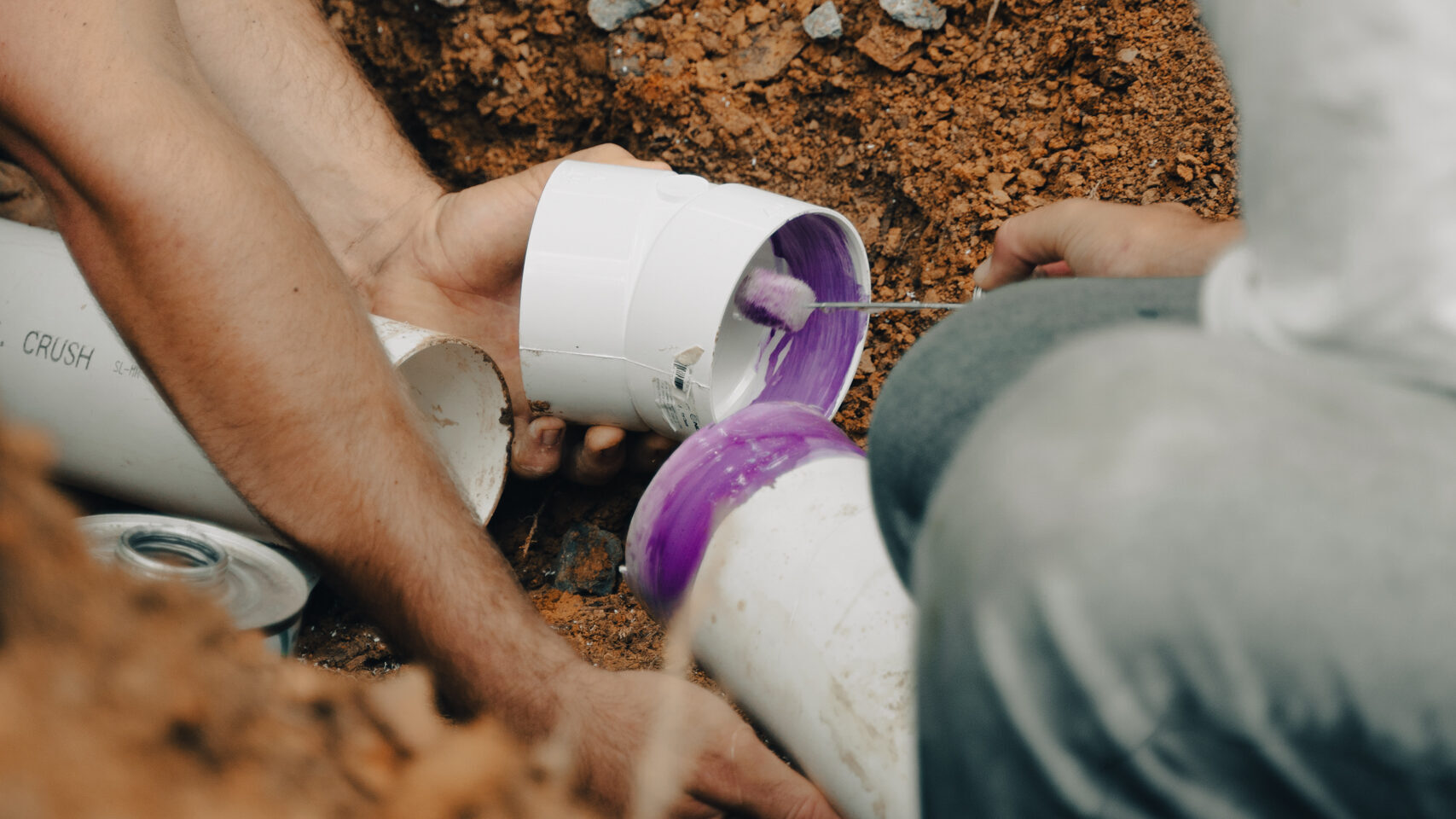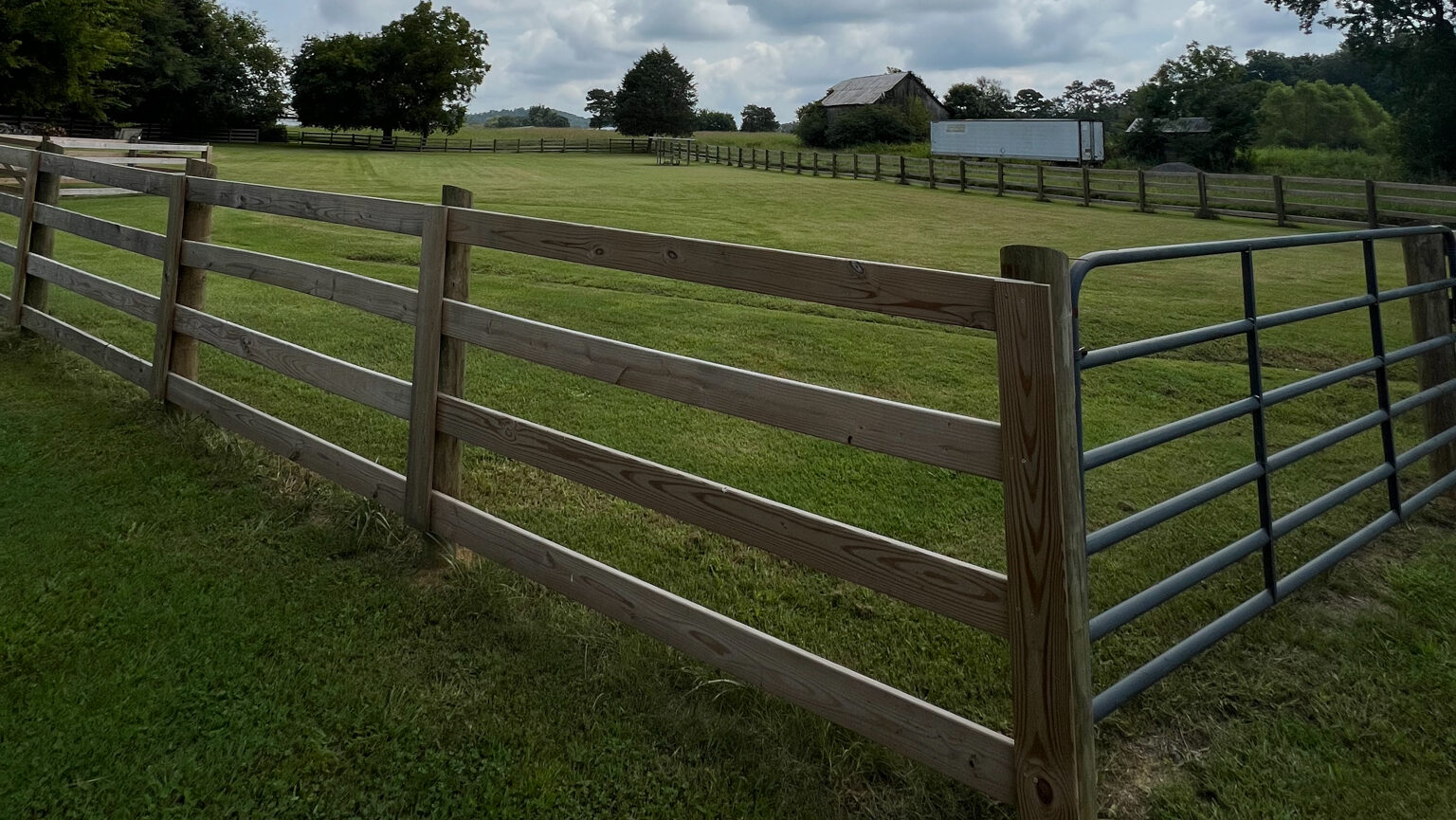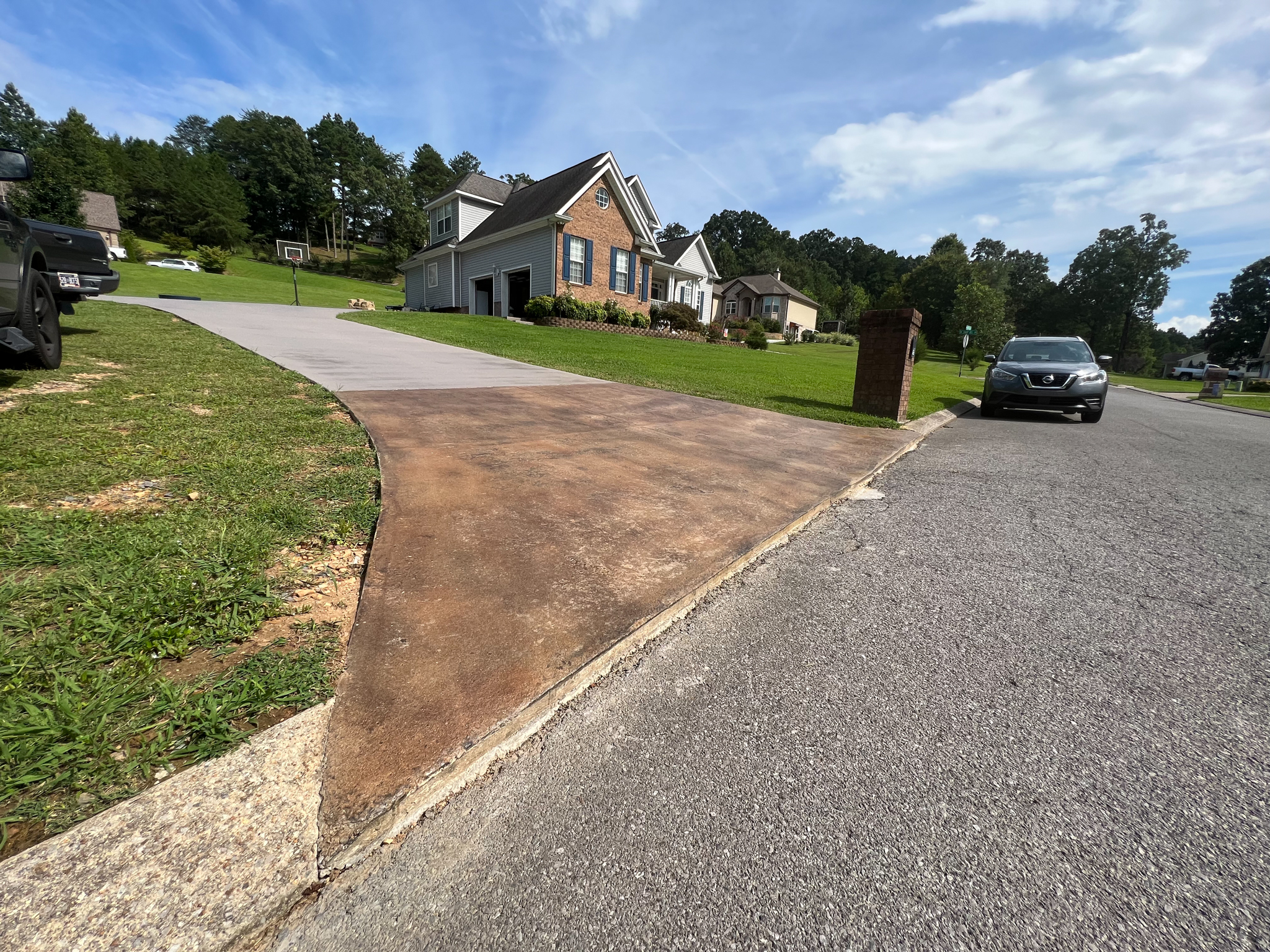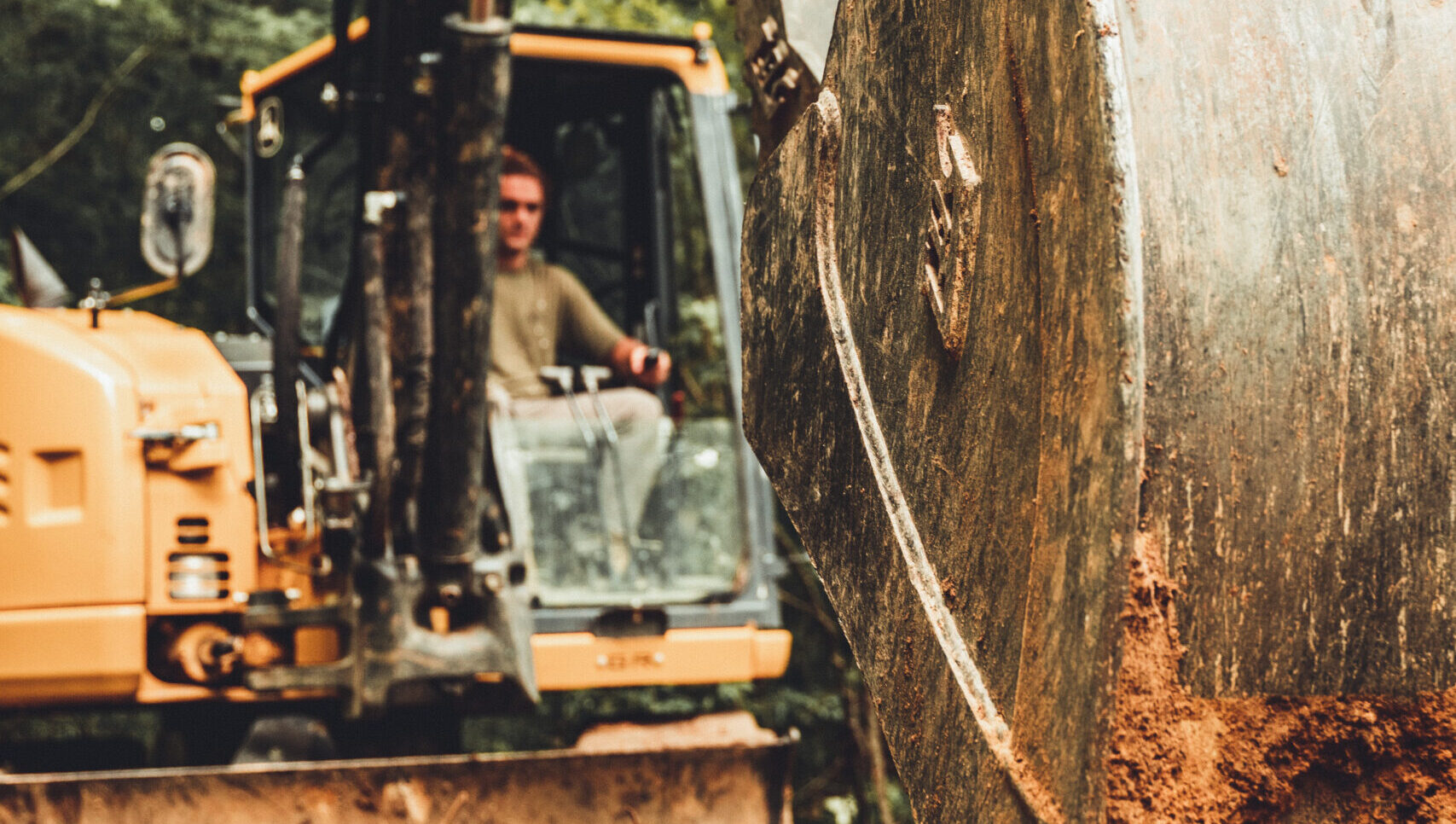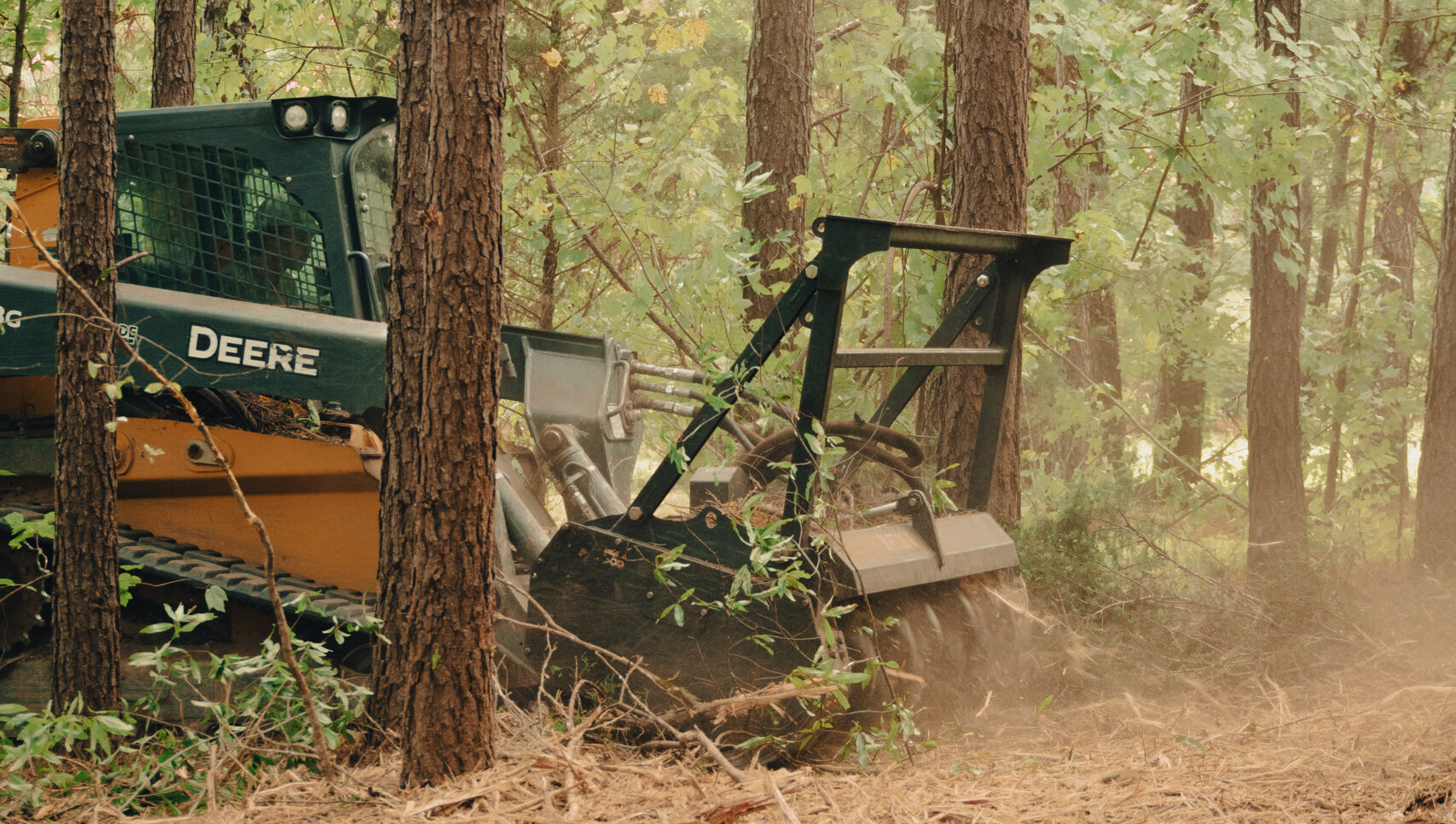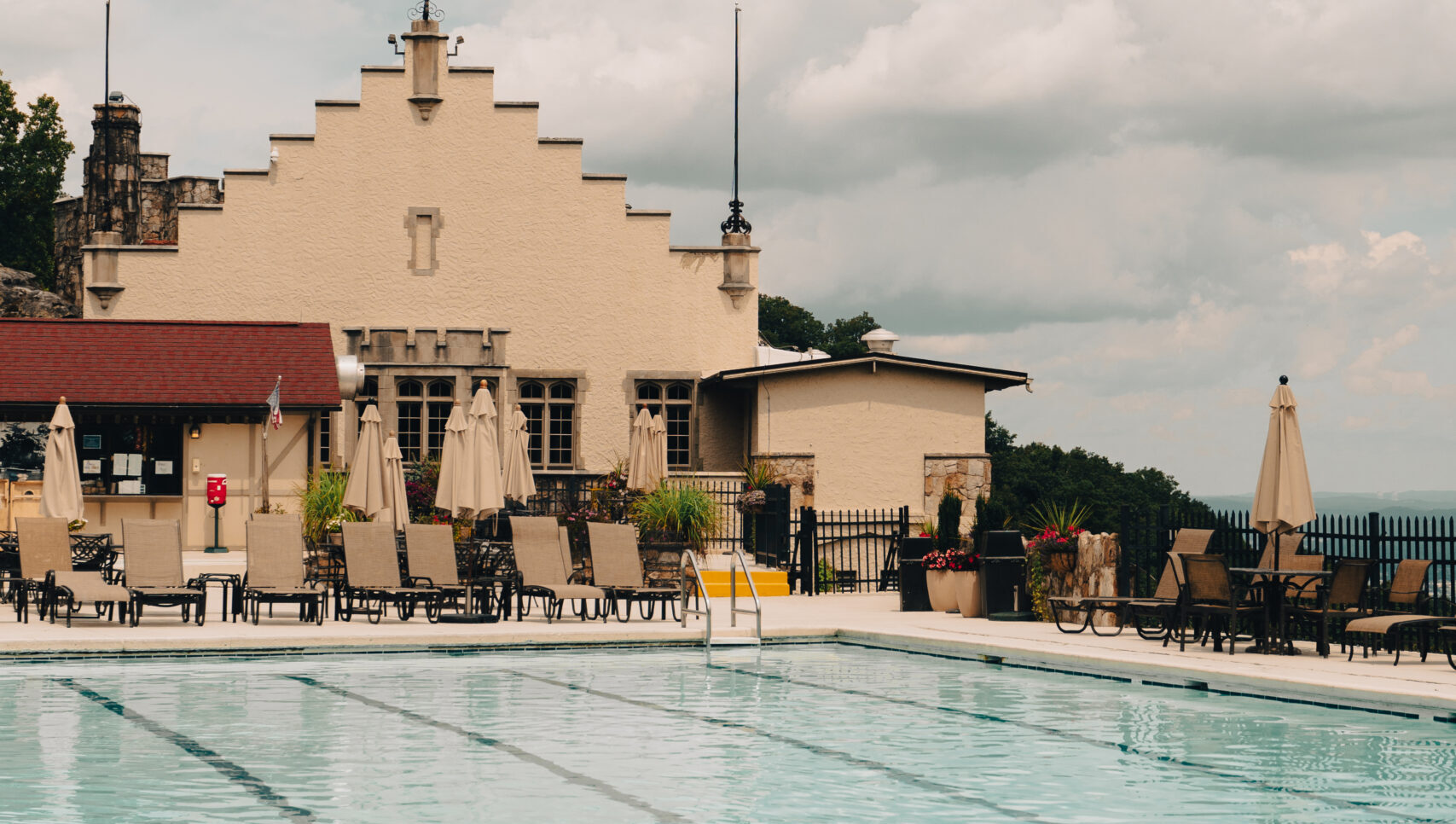Retaining walls serve a variety of purposes, from functional to aesthetic, and can greatly enhance the value and appearance of your property. Here are some reasons why you should consider getting a retaining wall for your property:
- Erosion Control: Retaining walls are built to hold back soil and prevent erosion, particularly in areas where there is a steep slope or grade change. This can help protect your property from landslides and other forms of soil erosion.
- Drainage: Retaining walls can also be used to manage water flow and improve drainage on your property. They can be designed to redirect water away from structures, such as your home or garage, and prevent water damage.
- Landscaping: Retaining walls can be used to create beautiful and functional landscaping features, such as raised garden beds, terraced gardens, and waterfall features. They can also be used to create level areas for outdoor living spaces and patios.
- Property Value: Retaining walls can add value to your property by improving its appearance, functionality, and safety. They can also be used to increase the usable space on your property, making it more attractive to potential buyers.
- Material Choice: Retaining walls can be made out of a variety of materials, including natural stone, concrete, wood, and more. This allows you to choose a material that best suits your style and budget.
- Versatility: Retaining walls can be used in a variety of settings, including residential, commercial, and industrial properties. They are also suitable for small and large projects, from a small garden wall to a large commercial retaining wall.
- Durability: Retaining walls are built to withstand the elements, including heavy rains, strong winds, and temperature fluctuations. They are also designed to last for many years with minimal maintenance.
- Safety: Retaining walls can improve safety on your property by preventing soil erosion and landslides. They can also be used to create level areas for outdoor living spaces, reducing the risk of falls and injuries.
Some commonly asked questions about retaining walls include:
- What materials are commonly used for retaining walls? Common materials used for retaining walls include natural stone, concrete, wood, and interlocking blocks.
- How deep should a retaining wall be? The depth of a retaining wall will depend on the height and weight of the wall, as well as the type of soil and the amount of water in the area. Generally, retaining walls should be at least 2 feet deep, but can be deeper for taller walls.
- How do I know if I need a retaining wall? A retaining wall may be necessary if you have a slope on your property that is causing erosion, if you have standing water issues, or if you would like to create more usable space on your property.
- How much does a retaining wall cost? The cost of a retaining wall will depend on a variety of factors, including the size and materials used. Call us today to learn more.
- How long do retaining walls last? Retaining walls can last for many years with proper care and maintenance. The lifespan of a retaining wall will depend on the materials used and the quality of the installation.
- Can I install a retaining wall myself? Installing a retaining wall is a complex task that requires professional expertise and knowledge of local codes and regulations. It is recommended to hire a professional contractor to install a retaining wall.
- How do I maintain my retaining wall? Maintaining a retaining wall can include regular inspections, cleaning, and repairs as needed. It’s also important to address any drainage issues and to remove any vegetation that is growing on or near the wall.
- Can I plant flowers and shrubs near my retaining wall? It is generally not recommended to plant flowers and shrubs near a retaining wall as their roots can damage the wall and cause instability.
- Can I paint my retaining wall? It depends on the material of the retaining wall. Some materials, such as concrete, can be painted, but others, such as natural stone, should not be painted.
- What can I do if my retaining wall is leaning or shifting? If your retaining wall is leaning or shifting, it is important to address the issue immediately as it can be a sign of a serious problem. It’s recommended to consult a professional contractor to evaluate the wall and determine the cause of the problem.
In conclusion, Retaining walls can add extra style to any yard. Do you want to add extra usable space? Do you want to flatten your yard to add a firepit? There are dozens of reasons to add a retaining wall to any property and no one can install one better than Rocky Top Excavation. We have installed retaining walls to give customers more space in their backyard, install tiny homes, and more. Give us a call at (423) 284-7747 to learn more about retaining wall installations.
How to build a retaining wall
Types of retaining walls
Cost of retaining walls
Retaining wall design ideas
Retaining wall drainage solutions
Retaining wall repair and maintenance
Retaining wall landscaping ideas
Retaining wall codes and regulations
Retaining wall contractors and builders
Retaining Wall Chattanooga


